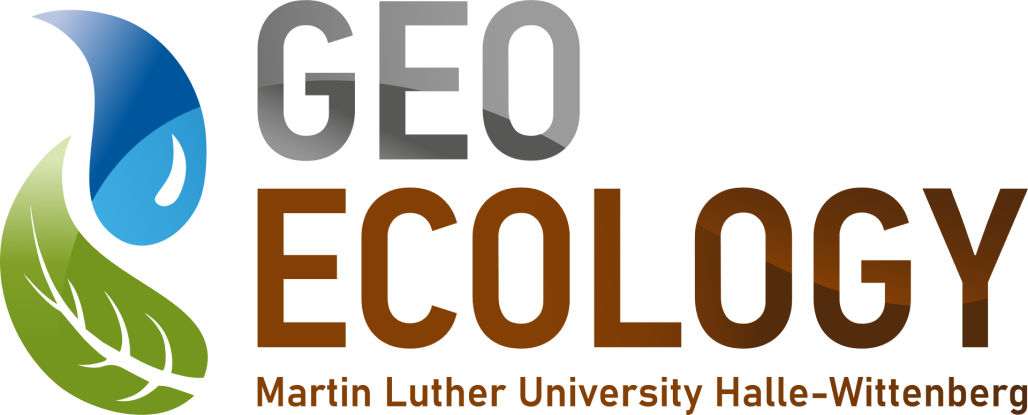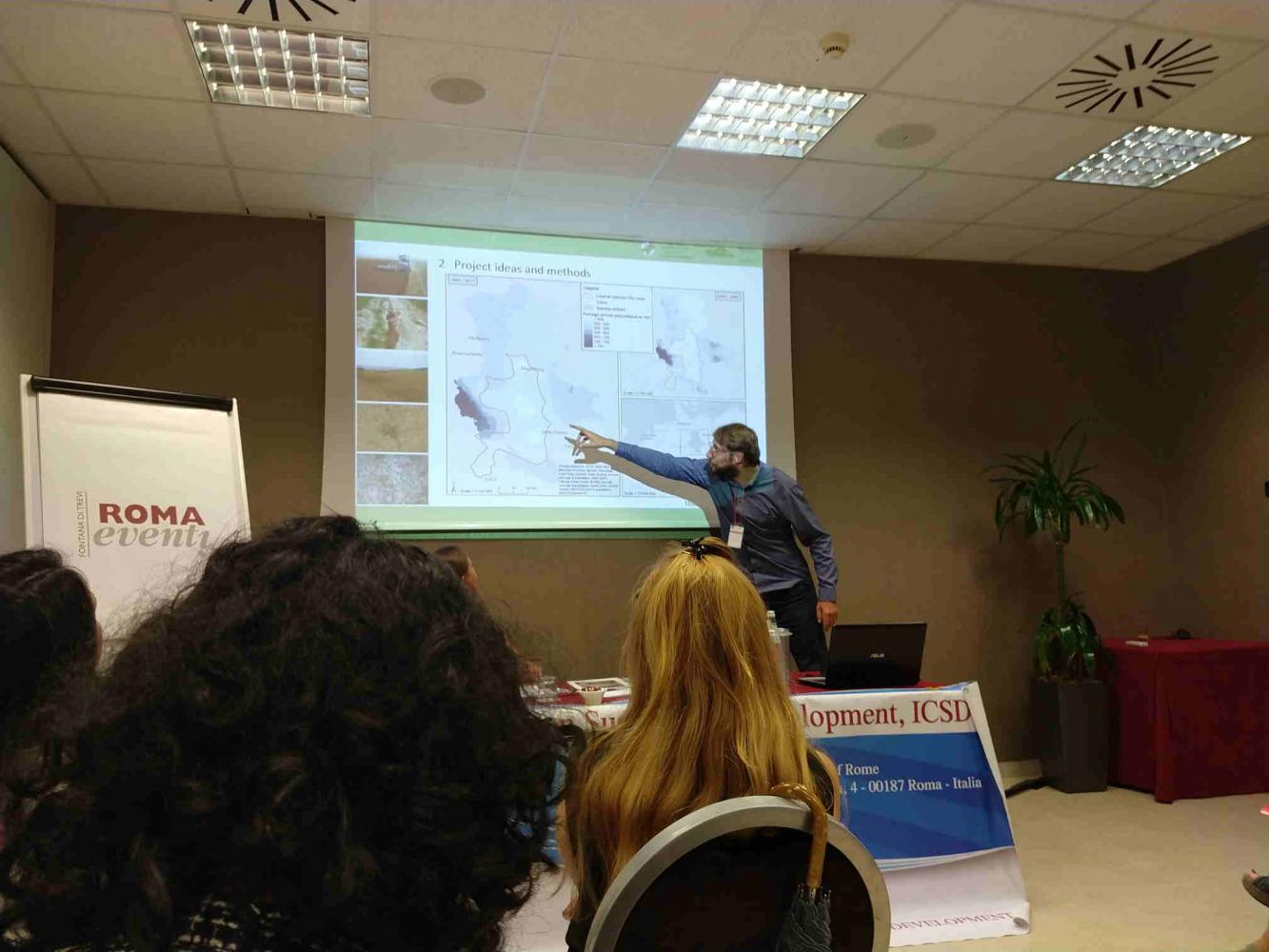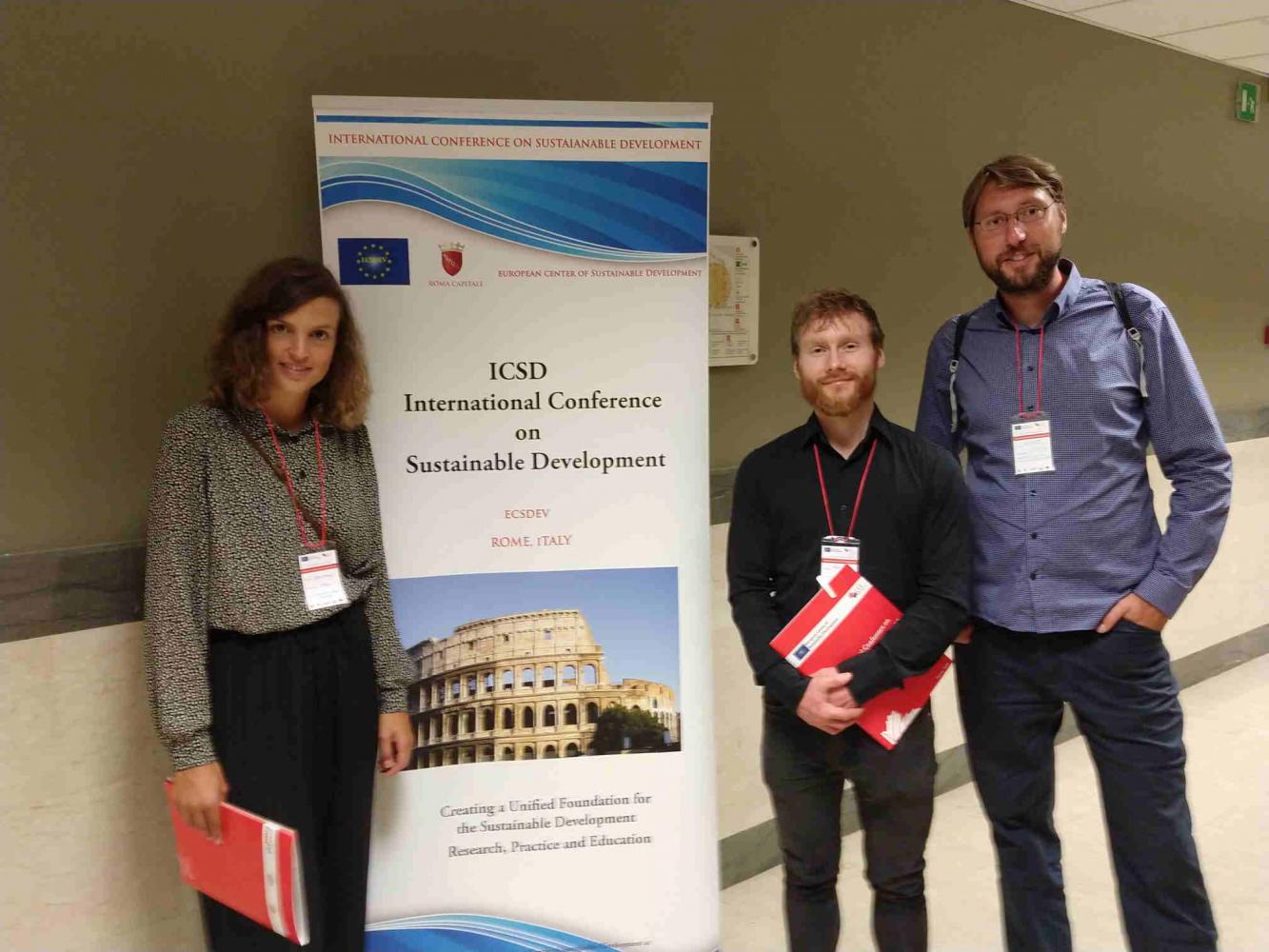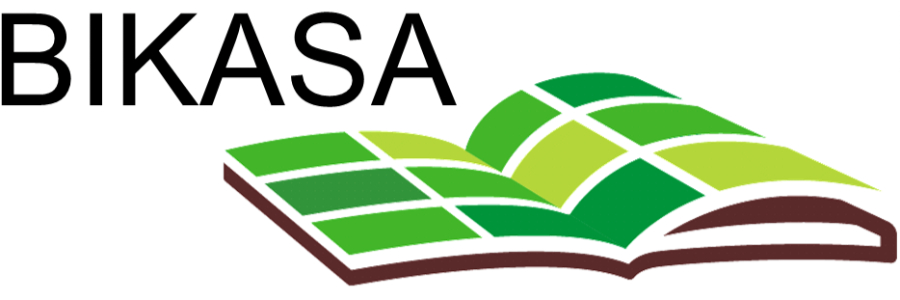The BIKASA project aims to develop an innovative educational offer on climate adaptation for the agricultural sector in Saxony-Anhalt. University institutions of the Martin Luther University Halle-Wittenberg from the fields of geoecology, didactics of geography / biology and geoinformatics as well as two SMEs as subcontractors are involved in the project. With the Saxony-Anhalt State Institute for Agriculture and Horticulture (LLG), the agricultural administration of the state is involved in the project as a cooperation partner. The project is part of the “German Adaptation Strategy to Climate Change” funded by the BMU.
Sub-project leader:
- Gerd Schmidt
- Detlef Thürkow
- Anne-Kathrin Lindau
Team:
Project partners:
- Terrasys Geodata Analysis
- Central German Institute for Applied Site Science and Soil Protection
- Haldensleben Vocational School
Background and objectives:
The agricultural sector is of great economic importance in Saxony-Anhalt. The vulnerability of agriculture to climate change is considered to be particularly high in this federal state. Particular problem areas are water availability for plant biomass production and soil erosion. With the help of the educational modules, stakeholders working in agriculture (authorities, advisors, farmers) as well as trainees and students are to be made more aware of the need to implement climate adaptation measures.
Methodological approach:
The educational offers, consisting of lecture series, online learning modules, case studies and scenarios, are offered via a learning environment (RIA) designed as a Rich Internet Application, so that they can be integrated both as a closed overall system and in their individual modules into existing and to-be-created education, training and further education offers. The thematic focal points of soil water balance and soil erosion are integrated into the educational modules in a theory-based manner and through regional case studies. A structure is chosen that enables transfer to other thematic fields and federal states.
Expected results:
The project is embedded in the “Promotion of measures for adaptation to climate change – funding priority 2: Development of educational modules on climate change and climate adaptation”. For this purpose, subject-related, target group-oriented, regional educational modules were developed within the project, as described in the guidelines of the measure. The issues of climate change, climate impacts and climate adaptation for actors in the agricultural sector, especially in Saxony-Anhalt, are addressed. The modular structure, presented through a web presence designed as an RIA, makes it possible for them to be integrated both as a closed overall system and in their individual modules into existing education, training and further education offers and those to be created. The methodological approach is transferable to other regions or subject areas. The most important project result, which will continue to be available to the public for free use after the end of the project, is the project website, which was designed as an RIA. On the one hand, the actual teaching and learning content is presented here; on the other hand, various documents and data on the topic of climate change can be used or downloaded. The methodology of interactive storytelling used in the learning modules, realised by ArcGIS story maps in combination with direct-feedback knowledge tests (H5P), was published as a journal article (Thürkow et al., 2019).



